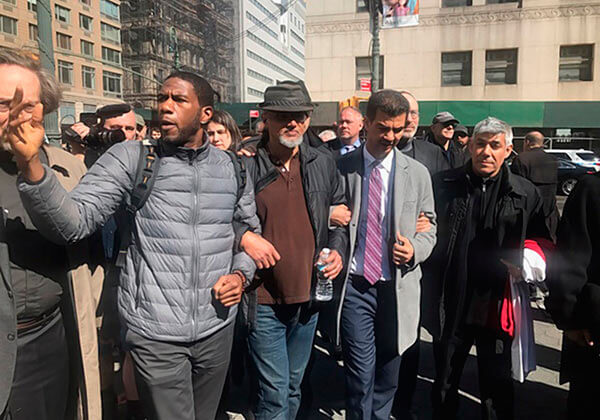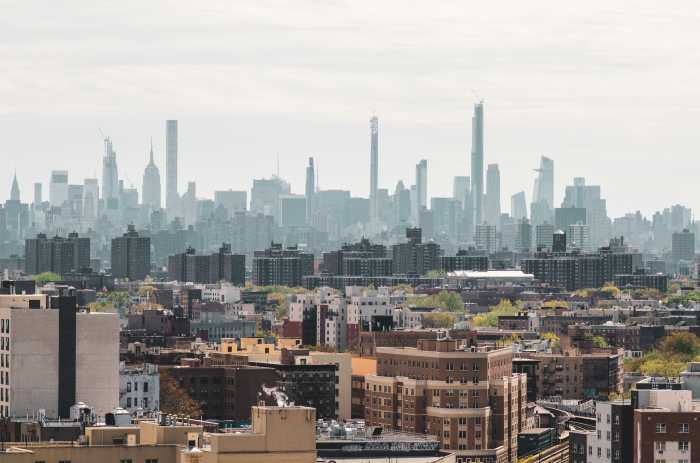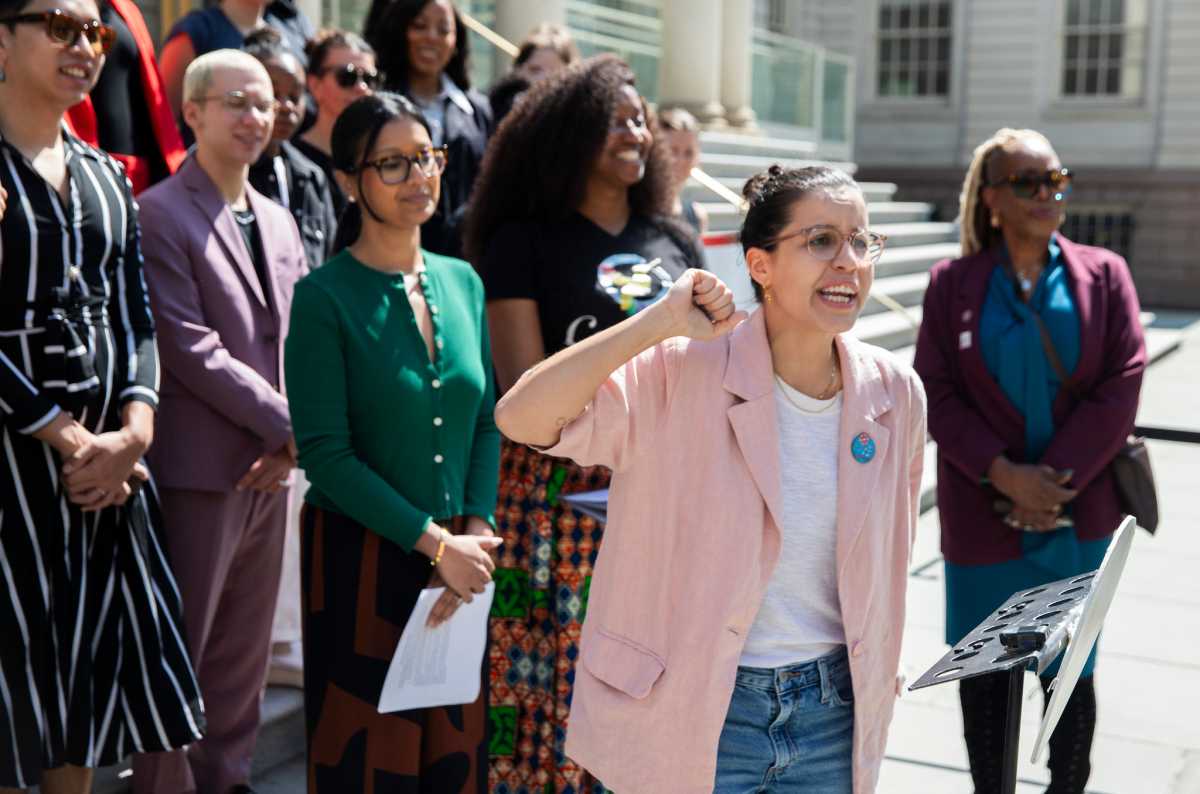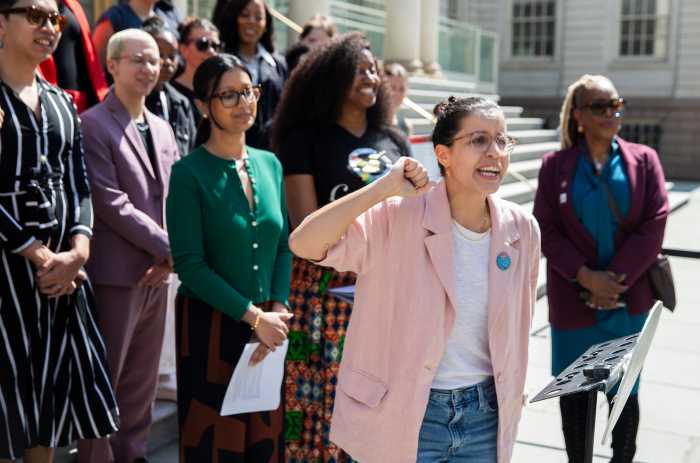United States President Donald Trump recently expanded the nation’s immigration rules requiring expanded deportation of undocumented Caribbean and other immigrants.
In a revised executive order, captioned “Border Security and Immigration Enforcement Improvements,” Trump said that US federal immigration law both imposes the responsibility and provides the means for the federal government, in cooperation with the states, to secure the nation’s borders.
He said the purpose of the order is to “direct executive departments and agencies to deploy all lawful means to secure the nation’s southern border with Mexico, to prevent further illegal immigration into the United States, and to repatriate illegal aliens [immigrants] swiftly, consistently and humanely.”
The US president said the order includes returning Caribbean and other immigrants to their respective countries pending formal proceedings.
The order also directs the US Secretary of Homeland Security to hire an additional 5,000 border agents and to “empower state and local law enforcement to support federal enforcement of immigration law, to the maximum extent permitted by law, and to ensure that prosecution guidelines place a high priority on crimes.”
Under this executive order, with extremely limited exceptions, Trump said the Department of Homeland Security (DHS) “will not exempt classes or categories of removal” immigrants from potential enforcement.
“All of those in violation of the immigration laws may be subject to enforcement proceedings, up to and including removal from the United States,” the order states.
The guidance makes clear, however, that the Immigration and Customs Enforcement (ICE) agency “should prioritize several categories of removable aliens who have committed crimes, beginning with those convicted of a criminal offense.”
The order says that US Customs and Border Protection (CBP) and ICE will release illegal immigrants from custody only under limited circumstances, such as when removing them from the country, when an immigrant obtains an order granting relief by statute, when it is determined that an immigrant is a US citizen, legal permanent resident, refugee, or asylee.
Trump said CBP will immediately begin the process of hiring 5,000 additional Border Patrol agents, as well as 500 Air & Marine agents and officers to find, arrest and deport illegal Caribbean and other immigrants, whether or not they commit serious crimes.
“The faithful execution of our immigration laws is best achieved by using all these statutory authorities to the greatest extent practicable,” said John F. Kelly, the secretary of homeland security, in one of two memoranda released on Tuesday. “Accordingly, department personnel shall make full use of these authorities.”
“When you tell state and local police that their job is to do immigration enforcement, it translates into the unwarranted and illegal targeting of people because of their race, because of their language, because of the color of their skin,” said Omar Jadwat, director of the American Civil Liberties Union’s Immigrants’ Rights Project.
On Friday, ICE released a list detailing the offenses of the 680 immigrants who were recently detained and slated for deportation, adding that 75 percent had criminal convictions.
Among the most serious were 12 people with convictions for sex-related crimes, including three cases of rape and six involving offenses against children; nine with convictions for driving under the influence; three with robbery convictions; and two with convictions for distribution or sale of cocaine, the New York Times reported.
It said that all of the convictions listed qualified as deportable offenses under the previous Obama administration.
In the largely Caribbean community in Brooklyn, New York, rumors of immigration sweeps at a popular department store and a sprawling hospital, frequented by Caribbean nationals, spread like wildfire last week, prompting the intervention of a popular Caribbean American legislator.
New York City Council Member Jumaane D. Williams, the son of Grenadian immigrants, who represents the predominantly Caribbean 45th Council District in Brooklyn, said Friday night that he and his staffers have been following up on “the many rumors, as we can.”
Williams has been among the Caribbean community’s most vocal critics of the Trump’s administration immigration policies.
The president’s policies have triggered outrage from Caribbean American legislators, who have called for very strong opposition stance.
“This administration, from day one, has done everything in its power to marginalize people, create a culture of fear, and divide Americans,” Williams said.
“The president’s erratic behavior only makes it more difficult for our communities, as evidenced by his recent announcement about the possibility of deploying 100,000 National Guard troops for immigrant roundups,” Williams added.
“I stand with my New York City colleagues in government in standing against Trump on actions against our immigrant brothers and sisters,” he continued.
“The administration wants to put on a show,” said Kevin Appleby, the senior director of international migration policy at the Center for Migration Studies of New York. “Their intent is to create fear, to create an environment in which people either self-deport or hide in the shadows.”
In the meantime, Florida immigration attorney Dahlia Walker-Huntington has warned Caribbean nationals with green cards, who have been charged with a crime in the United States to postpone travelling overseas, according to the Atlanta, Georgia Black Star.
Walker-Huntington issued the warning despite a US federal court’s ruling against the Trump administration’s executive order banning travelers from seven predominantly Muslim nations.
Caribbean American Congresswoman Yvette D. Clarke had warned that the Trump travel ban would extend to the Caribbean. Clarke, the daughter of Jamaican immigrants, represents the 9th Congressional District in Brooklyn.
Addressing an immigration forum at the Holy Family Episcopal Church in Miami Gardens, Florida, Walker-Huntington said non-US citizens are still exposed to the ban’s negative implications, according to the Black Star.
“If you are a green-card holder, and you were arrested, even if you were not convicted or even if the case was dismissed, do not travel, as you may be caught and be unable to return,” Walker-Huntingdon said.
On Friday, Caribbean Community (CARICOM) leaders expressed concern that Trump’s immigration policies could result in a reduction of travel to the Caribbean.
“We must obviously be concerned with the recent issue related to immigration, and the impact it will have on our citizens and on tourism,” Incoming CARICOM chairman, Grenada’s Prime Minister Dr. Keith Mitchell, told reporters at the conclusion of the two-day CARICOM summit in Guyana.
# # #

























